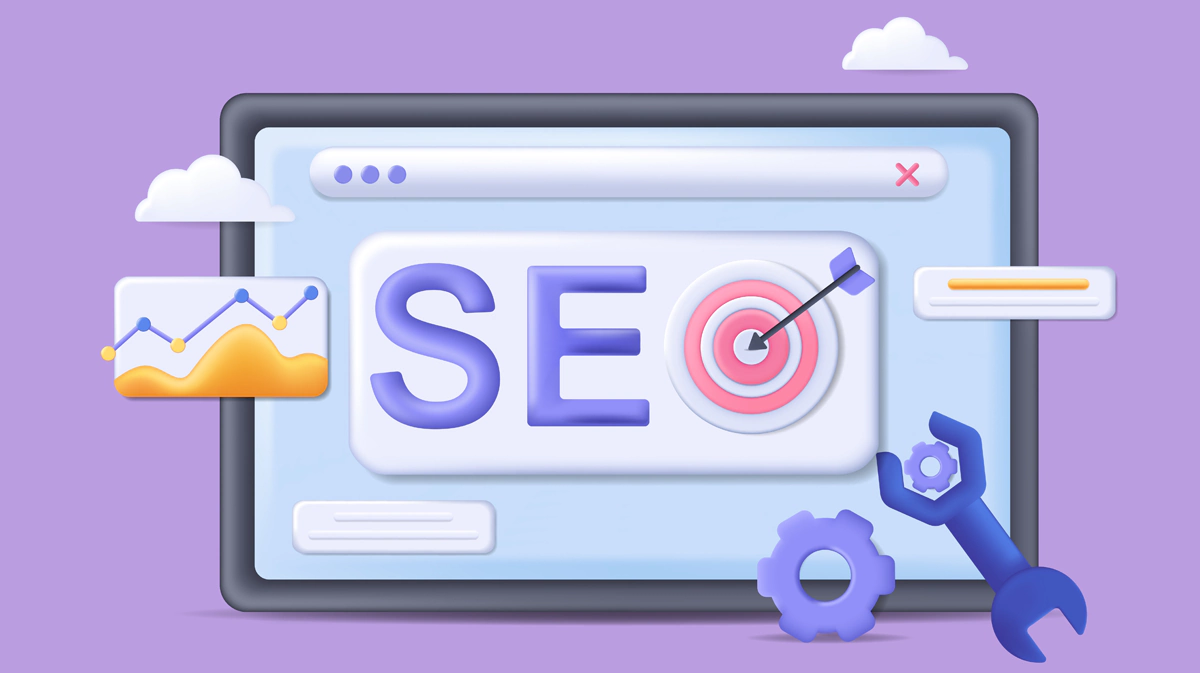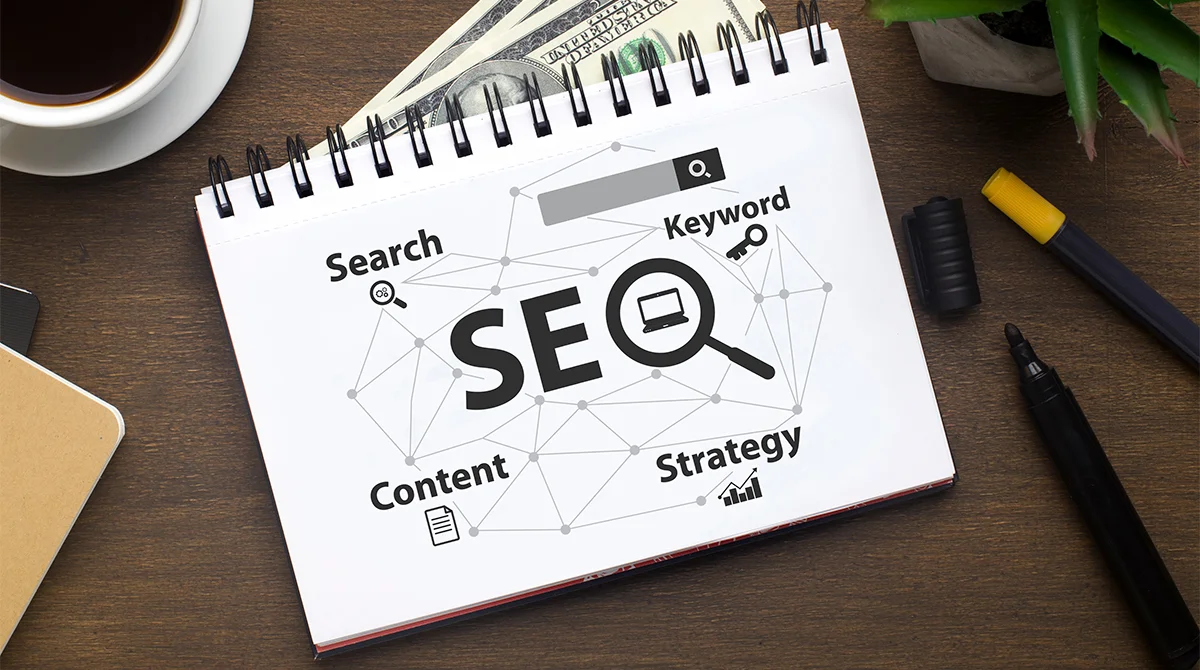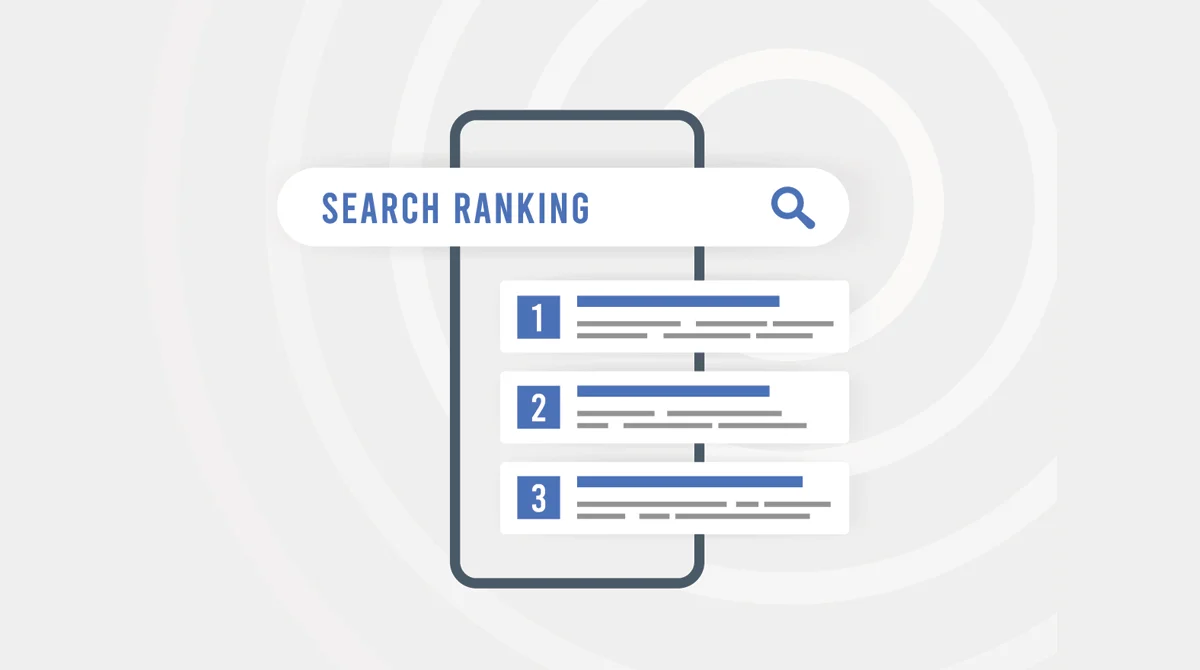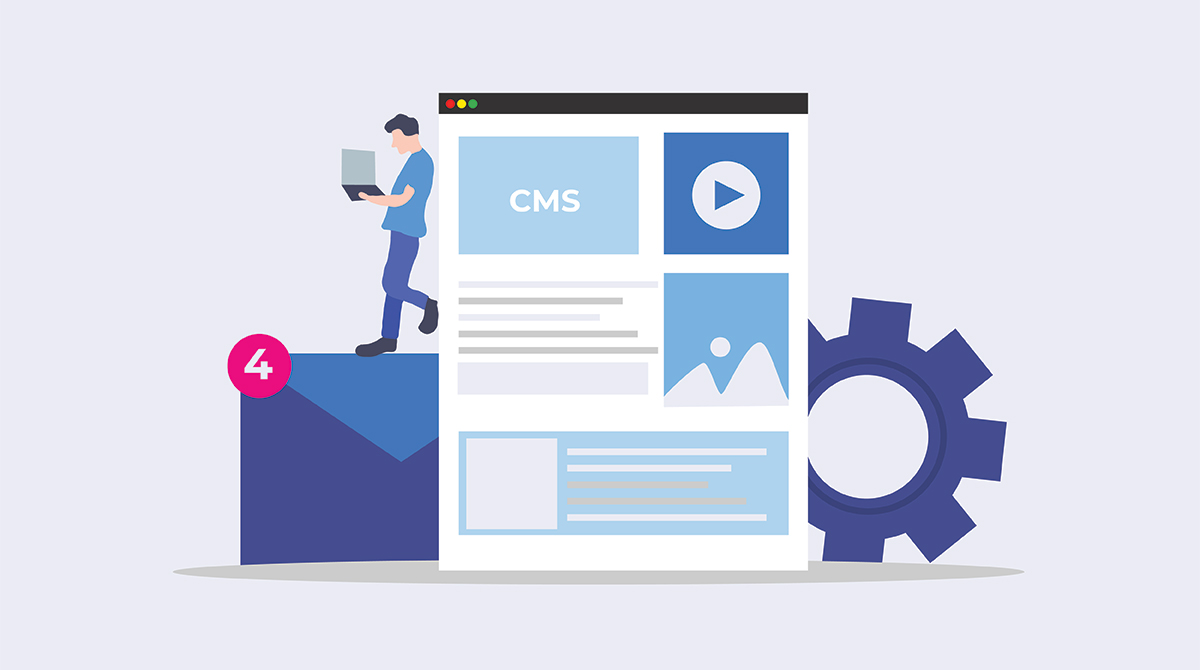The digital era has opened a world of opportunities for local businesses. They can easily connect with their target audience and convince them to invest in their products or services. Rather than doing door to door marketing, you can build a website, display your USPs and attract potential customers. But this digital era is both a boon and a bane. While it has brought in a lot of opportunities, it has also paved the way for fierce competition. You can take your business online and enhance its visibility, but yours will be one of many businesses doing that. Within your local area, there would be hundreds of competitors, and to be the preferred name in the industry, you will have to navigate this tough competition and stand out. How? That’s where SEO and our SEO company come into the picture.
SEO is a key strategy that can help optimise your online presence and ensure your website is the one which ranks at the top of every search engine. A search engine-optimised website will always be listed on the first page of SERPs (Search Engine Result Pages) whenever a search related to their business is done online. And considering how not more than 25% of users go beyond the first page, we all know how crucial ranking on the first page is for your business. That’s why having an SEO-friendly website is the only way you can thrive online. But before you build an SEO-friendly website, you need to know what SEO is and how to use it to improve your Google Rankings. And as a reputed SEO agency in Melbourne, we are here to help. Here is our Guide to Local SEO; read through to find out everything you need to know.
Let’s get started.
What is SEO and Why Build a Search Engine Optimised Website?
SEO or Search Engine Optimisation is a set of approved practices that can help enhance your website’s visibility and organically improve its Google ranking. While you can always promote your content on the web using several paid strategies like ads, sponsored posts, etc., they amount to inorganic traffic. And as organic traffic is considered more valuable and effective than inorganic traffic, one cannot stress enough the importance of search engine optimisation.
SEO is about optimising your website’s content and making it more relevant to your target audience’s queries. So whenever a search query related to your products or services is made, your website pops up.
Now comes the question: why build a search engine-optimised website?
- SEO enhances the ranking of your website and helps gain more traffic.
- SEO optimise your website content for brand building.
- With search engine optimisation, no more spending money on buying ad space.
- SEO enhances the visibility of your website and makes it easier for your potential customers to find and connect with your business.
- An SEO-friendly website echoes more credibility and authority.
- SEO can help you stay ahead of your competitors.
- An SEO-optimised website offers better navigability and, therefore, a better user experience.
How to Improve Your Google Rankings Through SEO?
Search engine optimisation is a proven strategy to improve the Google Ranking of your business and website. Here are some tips to guide you straight from the experts at our SEO company.
Add Title / Page Tags
As the name suggests, a title tag is your web page’s title. A title tag informs the readers and the search engine what your content or page is about. This title then helps the search engine to crawl your website quickly and list it on the web accordingly.
If you miss out on it or add a title that is irrelevant to your content, it will not do well on Google Rankings. Moreover, a misleading title can dissuade your target audience from engaging with your products and services.
An ideal title tag:
- Is less than 60 characters long.
- Should accurately define your website’s content.
- Should have your brand’s name.
So, follow these guidelines and think of an apt title tag for all your web pages.
Infuse Your Content with Relevant Keywords
SEO is incomplete without keywords. Keywords ensure that your website pops up whenever a search relevant to your business is done on the search engine. For instance, if a user searches for “web design agencies in Melbourne”, and your content is infused with this keyword, your website will rank organically on top of the search engines.
So, as a top-rated SEO agency, we recommend you research and organically include all relevant keywords to your website.
- Use keywords in the title, introduction, body and conclusion and spread it evenly.
- Optimise your content for local searches by adding “near me” keywords.
- Use both short and long-form keywords.
- Do not engage in “keyword stuffing” and clutter your content with unnecessary keywords.
Optimise the Visuals with Alt Tags
Alt tags are alternative text descriptions you can add to your images and videos. These descriptions can then be read by search engines and used for ranking and labelling your content. Alt tags increase the traceability of your website and the probability of it being found by search engines.
So, take advantage of this opportunity and add alt tags to all the images and videos displayed on your website.
Create a Sitemap
SEO is not just about tags and keywords but also about creating a user-friendly website. That is where a sitemap and navigability come into the picture. If your website visitors cannot find the content they were looking for, they will switch to your competitors instantly. Thus, significantly bringing down your conversion rate and increasing your bounce rate.
To prevent this, make sure to include a sitemap on your website. A sitemap is a blueprint listing all your website content with links for the respective pages. A sitemap makes the website user-friendly and easy for the search engine to crawl through your website and determine its relevance.
Develop a Mobile-Friendly Website
Do you know that 51% of the global population access the internet via their smartphones? And this number is going to increase to 72% by 2025. So, if you’re not developing a mobile-friendly website, your website becomes inaccessible to this population. And that is precisely why an SEO-friendly website is always mobile-friendly.
From the experts at our SEO agency, here are some tips for creating a mobile-friendly website.
- Reduce the loading time of your website.
- Invest in building a responsive website.
- Compress all your images and videos without reducing the quality.
- Consider all phone sizes.
- Create a simple and minimal navigation menu.
- Reduce pop-ups to the minimum.
- Divide content into shorter paragraphs, headings and subheadings.
Adopt the Best URL Structure
Another factor that determines your website’s Google Ranking is URL structure. A simple and relevant URL tells the search engine what your website is about and makes your website more crawlable. It helps improve your overall ranking.
Also, an intuitive URL improves the navigability of your website, as by simply looking at the URL can determine the nature of the content.
URLs should:
- Be short and crisp.
- Be relevant to your website content.
- Use a simple and descriptive structure.
- Include your primary keyword.
Follow these tips from our SEO company to create a search engine-friendly URL structure.
To Sum Up
SEO can go a long way in improving your website’s Google ranking. It’s a cost-effective method that will attract desired traffic to your website and help save money on advertising and marketing in the long run. So, do not waste time and avail of our SEO services and make the optimum use of Search Engine Optimisation today. If you have any doubts, reach out to our SEO experts at Make My Website, who would be happy to help you.



















